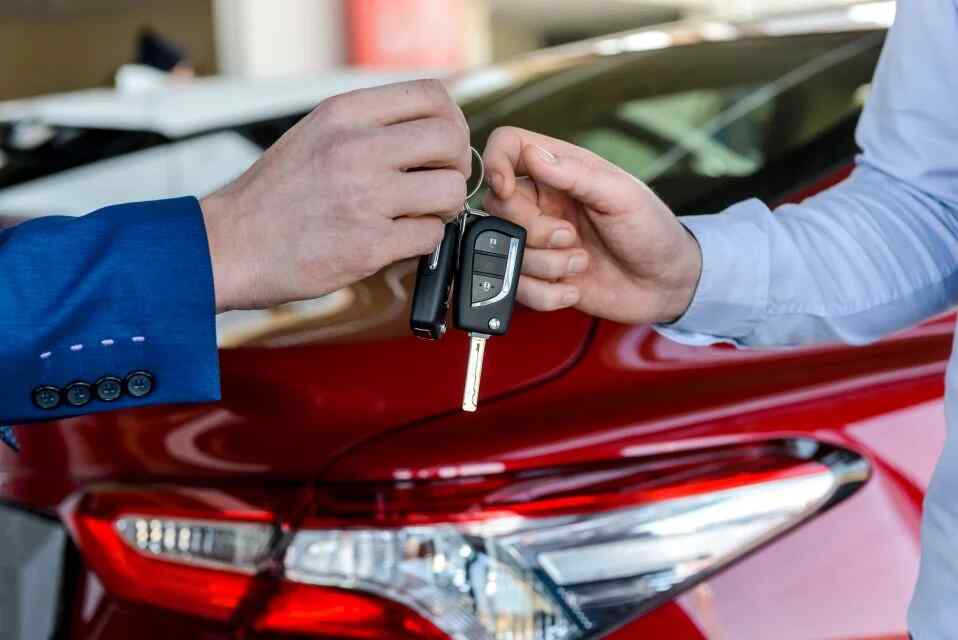UK'S MOST COMPREHENSIVE CAR HISTORY CHECK ONLY £9.99

Buying a used car. It’s a huge decision, but one that can be incredibly rewarding overall if you get it right. However, if this is something that’s held you back, there are plenty of opportunities you could consider. In this article, we have outlined 6 things to check when buying a used car. After all, the ideal car is out there; it’s just a case of finding it.

When buying a used car, always check the following 6 things before handing over any money. It might seem like a hassle, but it could save you from accidentally purchasing a fraudulent vehicle.
Before viewing the car in person, ask for specific photos and/or videos. This helps authenticate that the seller genuinely has the car; if they’ve just stolen photos of the car from online, they may be unable to oblige this request.
Always check the vehicle documentation before you purchase a car. Carefully check that the documents you are provided match the details on the car and that the document appears genuine.
It’s not enough to simply check the mileage reading in the car; indeed, this can be changed (and technically speaking, it’s not even illegal for someone to change the mileage counter – provided they let you know this at the time of sale). If the mileage is particularly high or low for the age of the vehicle, make sure you ask for clarification. Don’t worry; you can check this later, too.
If a car has been damaged at any point in time, there will likely be signs of this on the bodywork. Any mismatched colours on the bodywork or post-production welding may be a sign that the car has been in an accident in the past. If the seller hasn’t disclosed this information willingly, be sure to ask them about why these issues are present.
Not all sellers will be willing to let you drive their car. That doesn’t necessarily mean a car sale is fraudulent, of course – they could just be a cautious seller. However, you should still ask for a test drive if such is possible. If not, ask the seller to drive the car around for a while to demonstrate that everything is in good working order.
By now, you’ve hopefully checked all of the basics. All that’s left to do is to authenticate these checks by running a number plate check.
Number plate checks help you verify the authenticity of the provided information. This report can help you ensure that the seller’s claims are honest by providing details relating to a car’s mileage records, past MOT history, stolen and write-off status, vehicle details, ownership and financing information, and the like. In turn, this can give you more confidence in your purchase (and reduce the risk of getting scammed).
If you’ve been looking to purchase a used car, there’s a lot you will need to consider. Of course, when you find a genuine one, second-hand models can offer far better value for money than a brand-new vehicle. However, not all used cars are genuine, and there are many potential scams out there. So, always do your research first to avoid getting caught out by this.